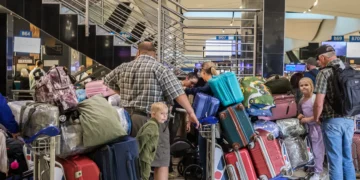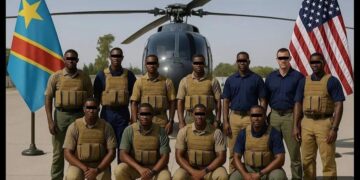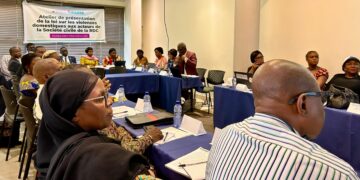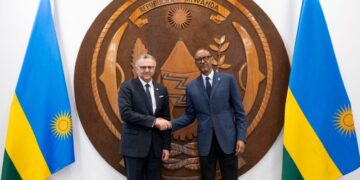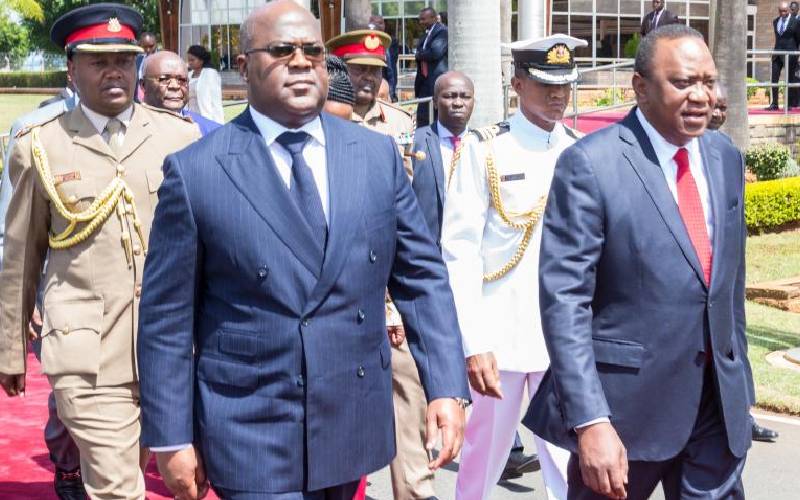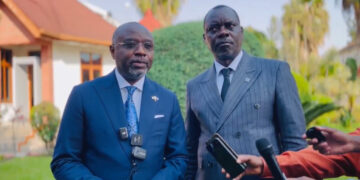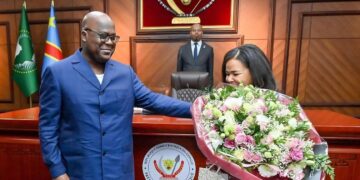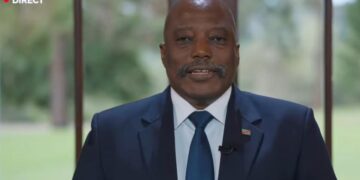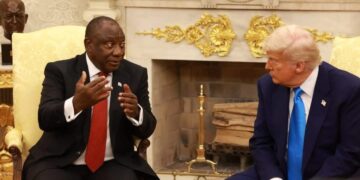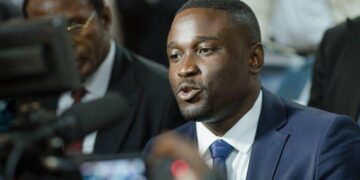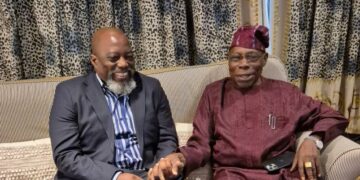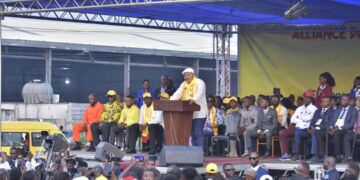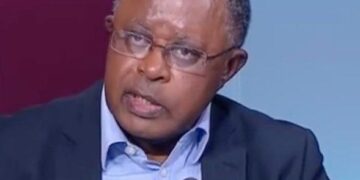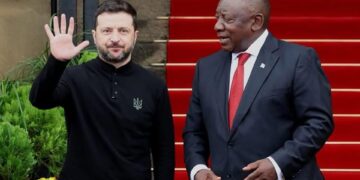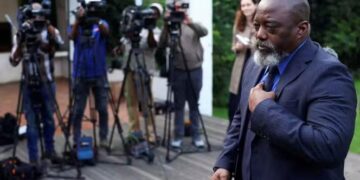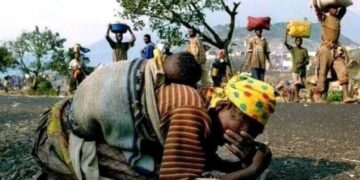In a strongly worded statement, several CSAC members expressed their concern over threats allegedly made against them in relation to the ongoing crisis.
“We have taken very seriously the threats you made against us regarding the crisis currently affecting the CSAC,” the statement reads. “It is clear that your efforts to protect Mr. Bosembe—who has lost the confidence of the majority who elected him—are undermining the very foundations of a democratic support institution.”
Christian Bosembe Lokando, a media professional turned regulator, was elected president of CSAC in 2021. However, in recent months, his leadership has come under heavy scrutiny from within the institution. Several of his peers have accused him of incompetence, unilateral decision-making, and failing to uphold the council’s mandate to act independently and transparently.
According to internal sources, a majority of CSAC members have voted in favor of his removal. Despite this, Bosembe has reportedly refused to step down, triggering an institutional deadlock. The crisis has since spilled into the public sphere, with civil society groups and media watchdogs raising concerns about the erosion of press regulation and democratic governance in the country.
The members also criticized attempts by external actors—believed to be political figures or security officials—to frame the dismissal of Bosembe as a threat to national security.
“We do not understand the connection you’re trying to draw between the removal of an individual deemed unfit by his colleagues, and the alleged destabilization of national security,” they said.
Analysts say the reference to “national security” may be a deliberate attempt to suppress dissent and discourage internal reform efforts. In the DRC’s volatile political landscape, invoking national security has often been used to silence criticism and shield controversial figures from accountability.
The CSAC, whose mandate includes ensuring fair and ethical media practices and protecting freedom of expression, plays a crucial role in the country’s democratic architecture. However, critics argue that its independence is increasingly being compromised by political interference.
As the crisis deepens, there are growing calls for an urgent institutional audit, mediation efforts, and a reaffirmation of CSAC’s commitment to impartiality and democratic values. Civil society organizations and press unions have urged President Félix Tshisekedi and Parliament to intervene and ensure that the council is not turned into a political tool.
For now, CSAC members say they remain determined to uphold the integrity of the institution. “We will not be intimidated,” they declared. “Our commitment is to the Congolese people, to democracy, and to the rule of law.”


